Podcast: Rob O’Byrne on Digital Transformation, Sustainability, and Diversification in Sourcing
Requis
OCTOBER 30, 2020
Manufacturing sites have been rationalized in terms of, “we don’t need five factories in this country, we only need three, then two, then we don’t need them at all, we’ll move them to China”. Sourcing has probably been the biggest thing over the last decade or two, coupled with that reduction in local manufacturing of course.

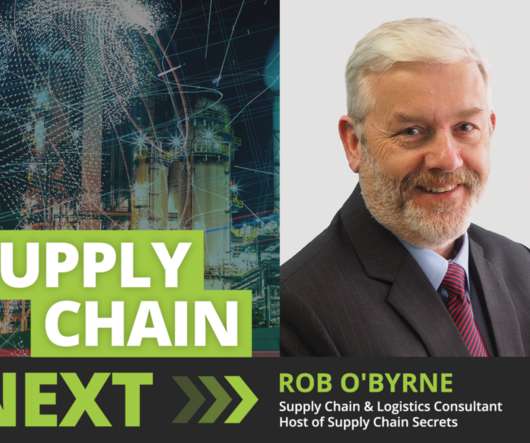
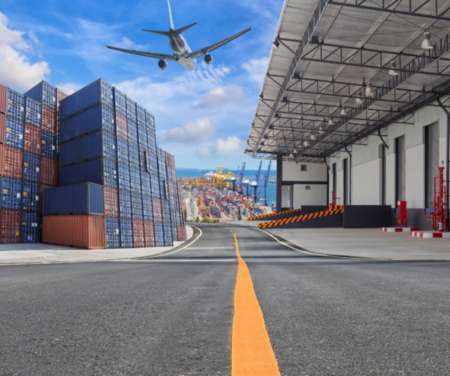





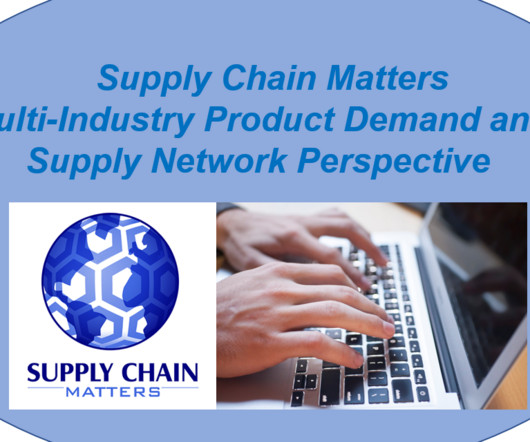



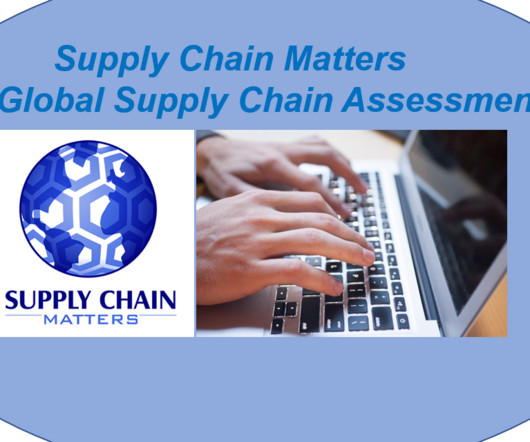




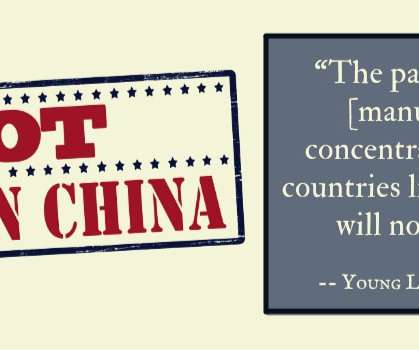











Let's personalize your content